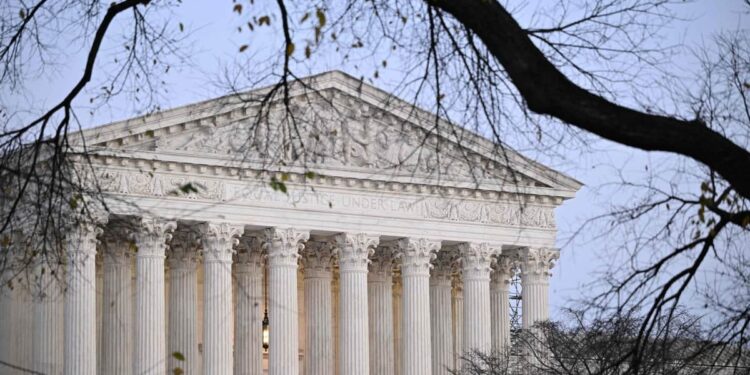On July 4, 1776, thirteen British colonies united despite their many differences to break with a regime that was considered tyrannical.
During the development of the first and second constitutions, these colonies repeatedly demonstrated their distrust of the concentration of powers.
“Power stops power” launched Montesquieu in Of the spirit of Laws. The Americans applied this idea in a sick way.
It is for this reason that it is unthinkable to imagine that they could have supported the total immunity claimed by Donald Trump.
Selective and exasperating slowness
After reading the arguments of both sides and questions posed by the Supreme Court justices last week, for the first time in my career I was taken aback by what seemed to me to be obvious mischief.
Whether conservative or progressive judges, I usually enjoy analyzing their comments. The constitutional text contains a good deal of vagueness, the context and the actors having evolved, I usually manage to find the logic which leads to decision-making.
What troubles me in the case surrounding presidential immunity is that the conservative judges are abnormally stretching the sauce on an issue which has at least one obvious aspect.
While it is possible that the president may occasionally have to be protected, the fact that he can enjoy total immunity is an aberration. I would like us to take the time to define the contours of this immunity, but in this case the judges are dragging their feet.
Already, we had to wait for Trump’s lawyers to challenge them for them to agree to hear this case. However, months earlier, in December, special prosecutor Jack Smith urged the highest court to look into this very question! Every delay serves Trump.
With only six months left before the electoral deadline, the judges are barely beginning their reflection and it is almost impossible for us to complete the trial which will determine the role of Donald Trump in the assault on the Capitol on January 6, 2021.
A historic issue
It is unthinkable that Americans would show up at the polling stations more than three years after the fact and not be able to know whether the Republican candidate, who still refuses to acknowledge his defeat, is guilty of having contributed to the organization of the attack and whether his actions or words constituted a seditious act.
When states invoked Article Three of the Thirteenth Amendment to exclude Donald Trump from the list of candidates, the Supreme Court proceeded quickly since the Republican primaries were beginning. Long delays would have been detrimental.
The current suspense is untenable and the court’s hesitations sow doubt. For those who worry about the impact of extreme polarization on the integrity of democratic institutions, this unjustified slowness raises fears for the worst.



